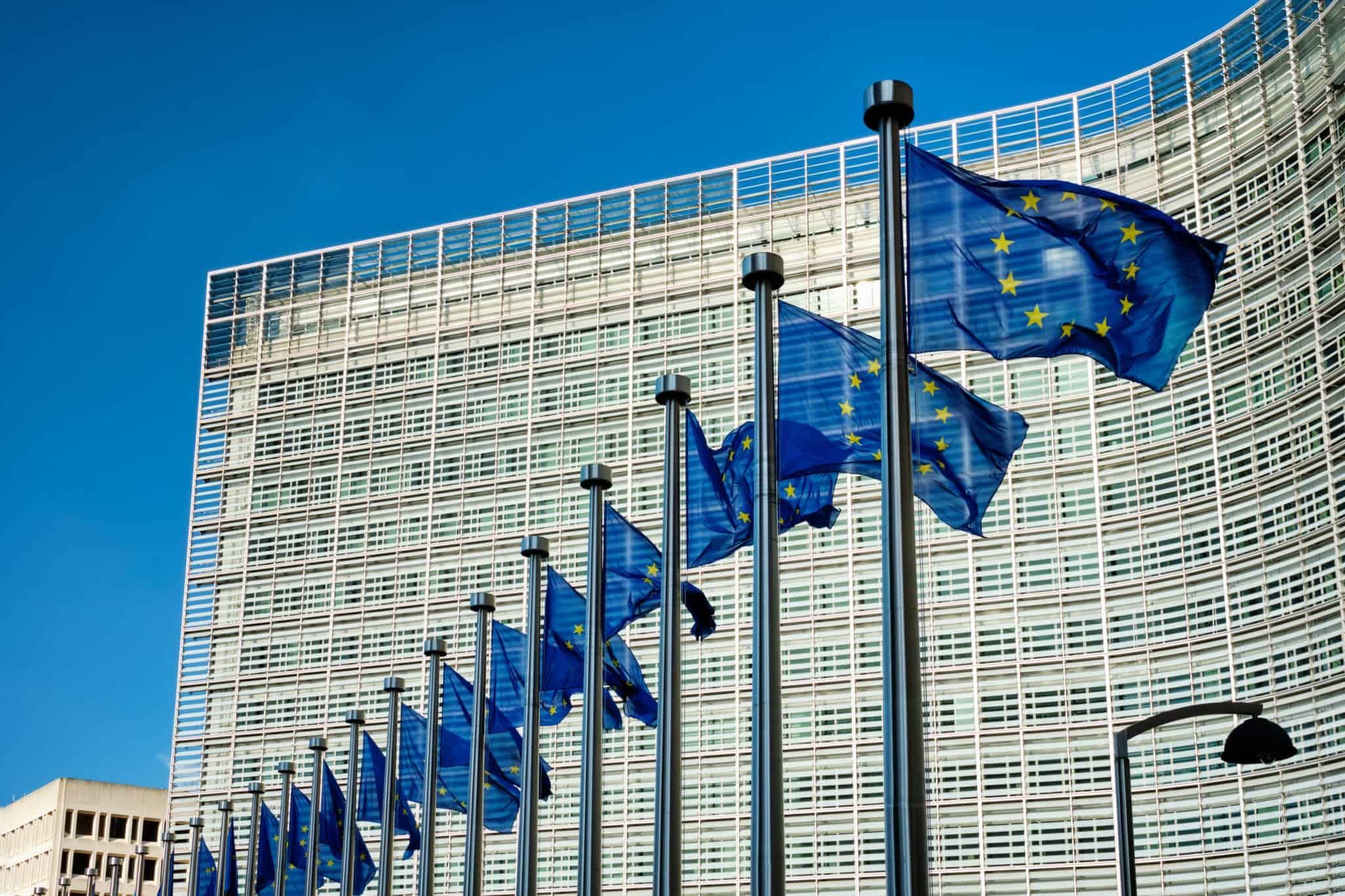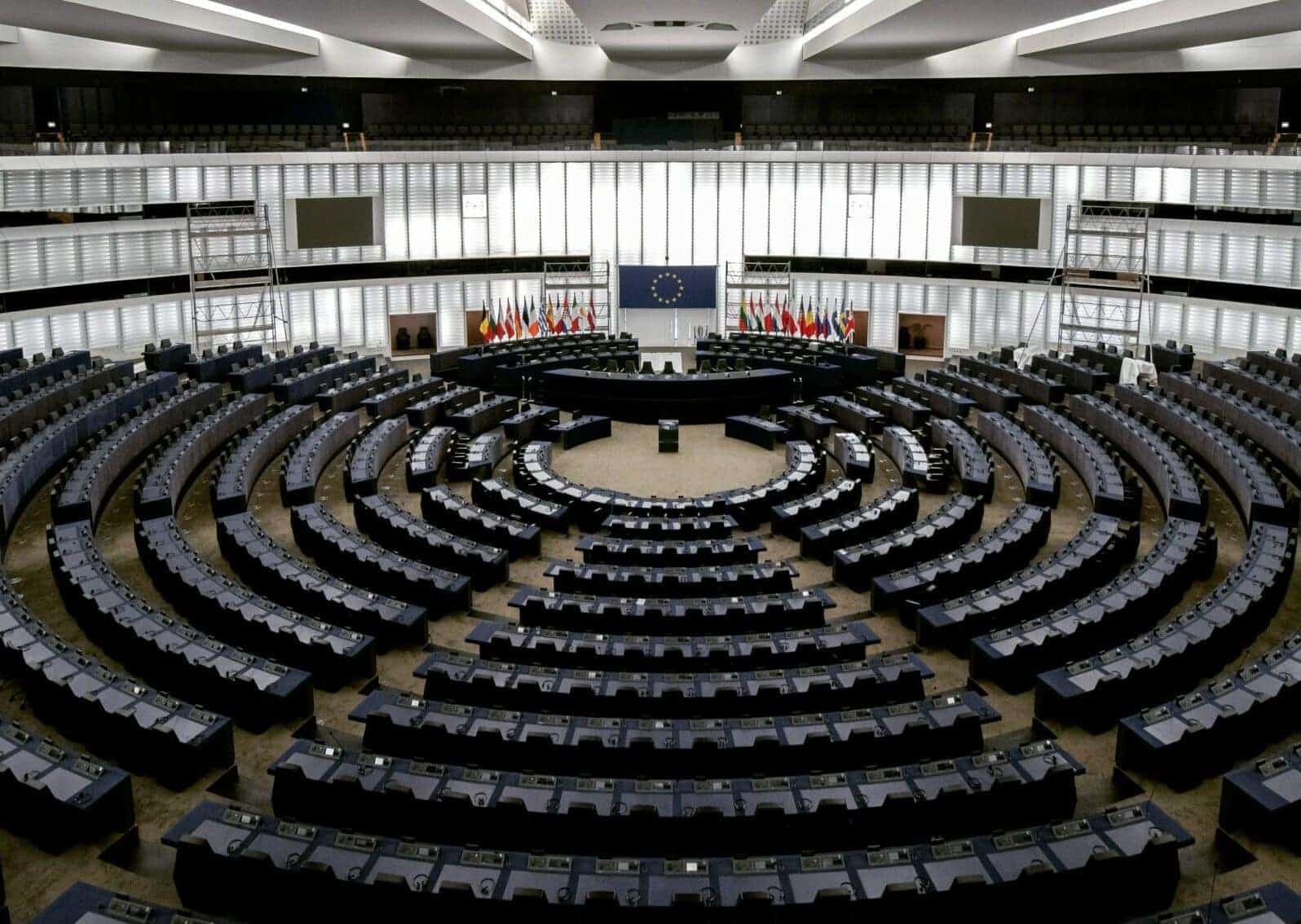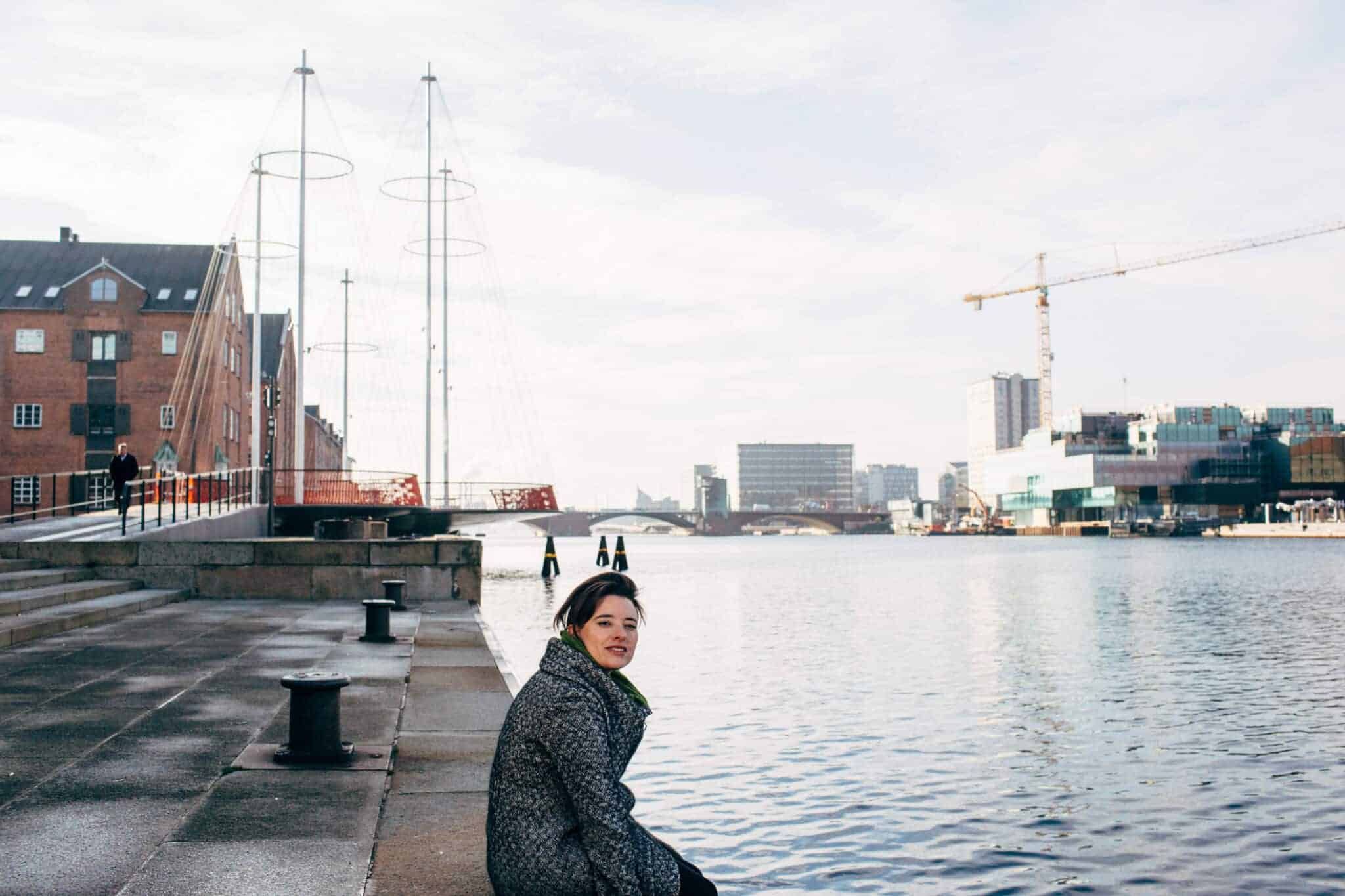Discussing digitalisation at DG GROW’s event on the Single Digital Gateway (19 September 2023)
I had a wonderful opportunity to talk about digitalisation of the EU administrative procedure at the DG GROW’s event “SME Relief Package: the Single Digital Gateway cuts red tape” that took place on 19 September 2023. I would like to express my gratitude to DG GROW and SMEUnited for organising this event, which is particularly salient now, especially for me as the Rapporteur on Parliament’s report on Digitalisation and Administrative Law.
Now is not the easiest time for Europe’s SMEs, which is why it is key that we make understanding and complying with...





